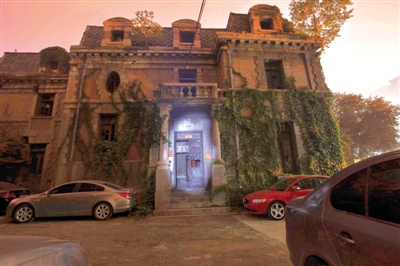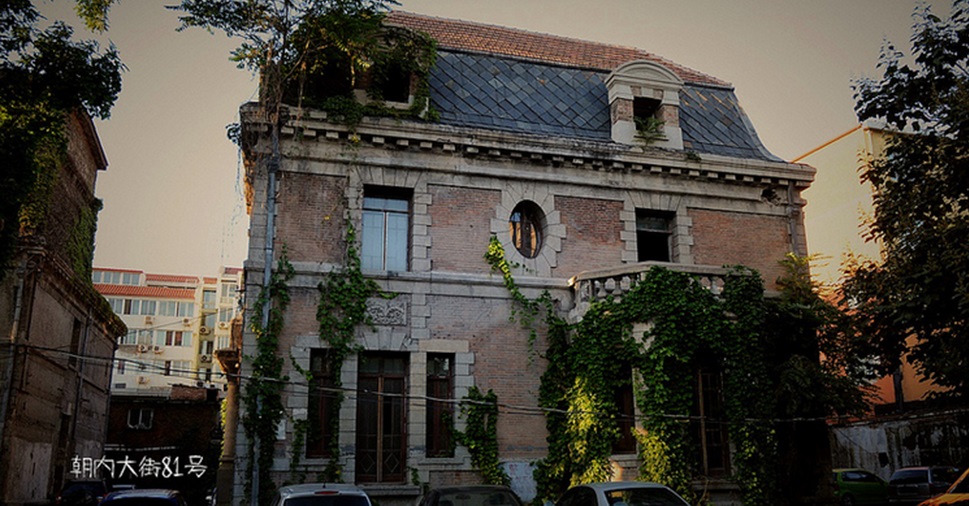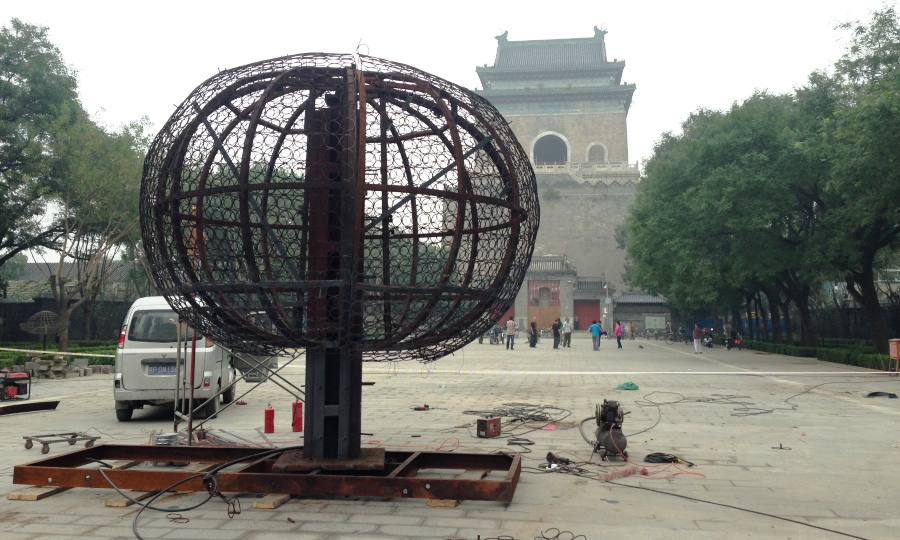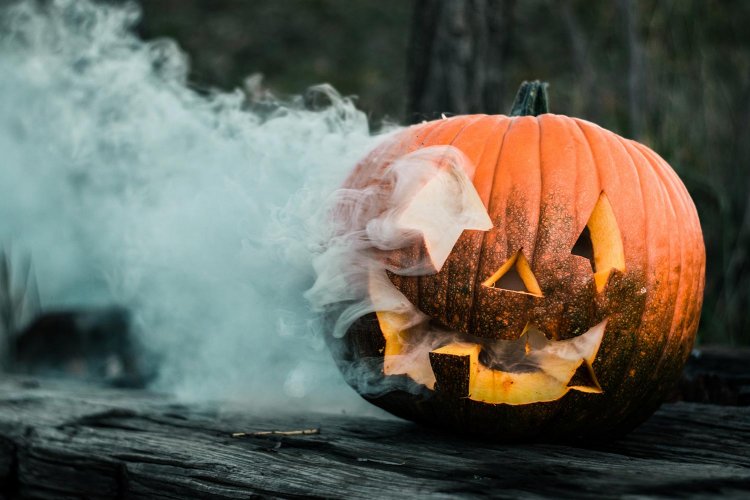Beijing’s Spookiest Sites: Ghost Tour Guide Daniel Newman
If a chill runs up your spine the next you visit Beijing’s famed Bell Tower, then tread lightly—because it may be haunted by the most ruthless of Chinese spirits.
“The Bell Tower, Beihai park, and lots of other Beijing sites are rooted in spooky history. Princes would punish treacherous eunuchs and officials there by ‘death of a thousand cuts’ or ‘water torture,’” said Daniel Newman, who helps his most fearless clients visit the city’s spookiest spots through his Newman Tours company.
In fact, Newman said Beijing’s very existence could be rooted in the occult. He cites an old ghost story about Emperor Yongle, who famously moved the capital here from Nanjing in the early 1400’s because, according the most superstitious of accounts, he was trying to flee the vengeful spirit of Zhu Yunwen, a nephew he had executed in order to remain in power.
Newman—who hosted a Halloween themed talk about the history of Chinese ghosts at The Bookworm last night— said that Beijing’s horror lore isn’t merely ancient history. The capital’s trendiest ghost story is set at Chaonei No. 81, an abandoned French-style mansion on the downtown core’s Chaoyangmennei Street.
If the building’s creepy Baroque architecture isn’t enough to unsettle passers by, then its reputation certainly will. Those throngs of brave onlookers have arrived in droves at the site’s barred gates as of late, thanks to the recent 3D horror flick “The House that Never Dies (京城81号),” which depicts the building’s troubled history:
“It used to belong to a British expat. It became a church, then a hospital, then a church again. So you can see that it’s very well qualified to be haunted, with all those dead bodies and religious believers,” Newman said, adding that’s far from the freakiest aspect of Chaonei No. 81’s twisted tale. He went on to describe a Nationalist official who lived there up until the late 1940’s, as the Communist Revolution began: “This official fled for Taiwan and, oops, forgot his wife.”
Newman added that scorned woman hung herself, and has haunted the property ever since. Aside from the aforementioned film and its depiction of Chaonei No. 81’s ghosts, there have also been other creepy rumours abounding at the infamous locale. The worst account involves a trio of construction workers who uncovered an old tunnel while working across the street from the old Baroque mansion.
“They were rather young and thought it would be an adventure to head on inside,” Newman said, adding that one of their more senior colleagues believed the idea was foolish, and declined to partake. He added: “As the old man left the others, he noticed a light on at Chaonei No. 81. And when he went back to work the next day, the other three weren’t there. And they never returned.”

Of course, Newman conceded that there are plenty of reasonable explanations about the builders’ disappearance. Beijing’s tunnels are often used for sewage, and the trio might have been swept away in that filthy ebb and flow. He added that conspiracy theorists believe the workers happened upon a top secret government project, and were “silenced accordingly.”
“But if you like your ghost stories,” Newman said of the missing workers, “Then you’re likely to believe that they went in that tunnel, walked under Chaonei No. 81, and the ghost of that lady got them.”
Newman said China’s ghost lore is rooted in deep superstition. At times these ghastly stories worked as cautionary tales, with accounts of greedy overeaters spending the afterlife as “hungry ghosts” with pencil-thin throats that all but stopped their indulgences. The spooky fables also offered powerless peasants a bit of catharsis.
“Ghost stories would work as revenge tales for poor people who had been wronged by the rich, because they had no power to do anything else about it,” Newman told his audience at The Bookworm on Thursday. He went on to add that such ancient vengeful gossip still influences modern Chinese thrillers, especially their distinctive “hopping” zombies.

“Tax collectors were often a target of these revenge stories,” Newman said of the officials charged with collecting such payments from citizens, and being seen as soulless scavengers as a result. He added, in a rueful tone, that Taoist monks endured similar rumours because they were frequently the only ones willing to transport dead bodies for burial. They, of course, minimised their contact with those corpses by tying them to springy bamboo poles that gave the decaying bodies the appearance of “hopping” during the journey.
“If you witnessed such a sight on the way home one evening, after a few rounds of baijiu, you might be terrified and tell your wife all about it,” Newman said with a sly grin, before adding: “And that’s how the myth of zombies began.”

After last night’s event, Newman admitted that his fixation on Chinese ghost stories may even affect his own afterlife. And the rest of us may be haunted by his revenge tale forevermore: “After I’m gone, I’ll become a bouncing zombie, and I’ll seek revenge on anyone that tries to push pass me on the subway by freaking them out and ‘hopping’ over their heads.”
Newman’s customers may be equally vengeful, if they’re not careful. He added: “I tell anyone that asks me about Chaonei No. 81: ‘I’ll take you on a tour there, and we’ll see if you survive.’”
Newman conducts regular ghost tours each Saturday evening and by appointment, to book visit their site here.
Images: Flickr








